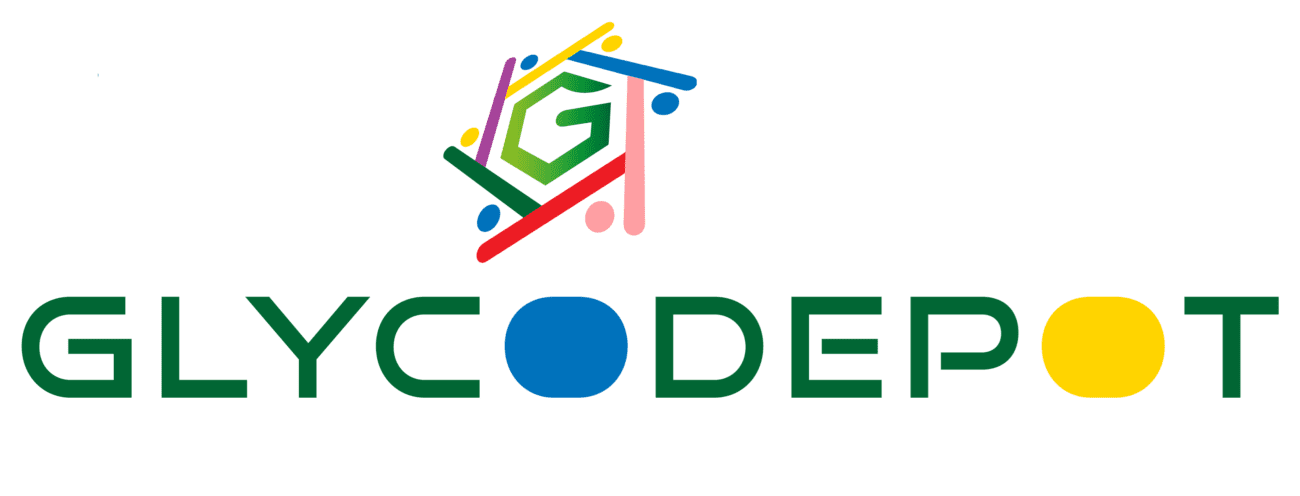LecB (PA-IIL) from Pseudomonas aeruginosa linked to Fluorescein
LecB (PA-IIL) from Pseudomonas aeruginosa linked to Fluorescein is a fluorescently labeled bacterial lectin used for research applications to study host-pathogen interactions and carbohydrate recognition. This product combines the fucose-binding lectin LecB with fluorescein, enabling visualization of lectin-glycan binding in experimental settings.
Key Characteristics of LecB (PA-IIL):
- Function:
LecB is a tetrameric fucose-binding lectin with exceptionally high affinity for α-L-fucose and related glycans. It acts as a virulence factor in P. aeruginosa infections by disrupting epithelial wound healing, promoting biofilm formation, and facilitating bacterial adhesion through interactions with host receptors like β1-integrin. - Structural Features:
- Molecular weight: ~11.9 kDa (monomer).
- Binds fucose via calcium-dependent interactions, with structural details resolved in multiple X-ray crystallography studies (e.g., 1.5–2.1 Å resolution).
- Forms stable complexes with fucosylated peptides and glycoconjugates.
- Fluorescein Conjugation:
The fluorescein tag allows real-time tracking of LecB binding to fucosylated substrates, making it suitable for:
- Fluorescence microscopy of bacterial adhesion
- Flow cytometry-based glycan profiling
- Competitive binding assays.
Applications in Research:
- Host-Pathogen Interaction Studies:
Investigates LecB’s role in disrupting insulin-like growth factor-1 receptor signaling and keratinocyte function. - Biofilm Analysis:
Visualizes lectin-mediated retention of extracellular polymeric substances (e.g., Psl) in aeruginosa biofilms. - Anti-Infective Drug Screening:
Facilitates high-throughput testing of fucose analogs or inhibitors targeting LecB’s carbohydrate-binding sites.
Production and Quality:
- Recombinantly produced in E. coli with affinity purification.
- Maintains functional activity post-labeling, validated by structural and binding assays
This tool is critical for advancing studies on bacterial adhesion mechanisms, biofilm formation, and therapeutic interventions targeting lectin-mediated infections.
Citations:
- https://www.pseudomonas.com/feature/show?id=109539
- https://pmc.ncbi.nlm.nih.gov/articles/PMC6858607/
- https://journals.asm.org/doi/10.1128/iai.01204-08
- https://www.elicityl-oligotech.com/fluorescein/575-lecb-pa-iil-from-pseudomonas-aeruginosa-linked-to-fluorescein-bacterial-protein-produced-in-e-coli.html
- https://pubmed.ncbi.nlm.nih.gov/32306354/
- https://www.amerigoscientific.com/lecb-pa-iil-from-pseudomonas-aeruginosa-linked-to-fluorescein-item-486844.html
- https://www.uniprot.org/uniprotkb/Q9HYN5/entry
- https://pmc.ncbi.nlm.nih.gov/articles/PMC6522473/


Reviews
There are no reviews yet.